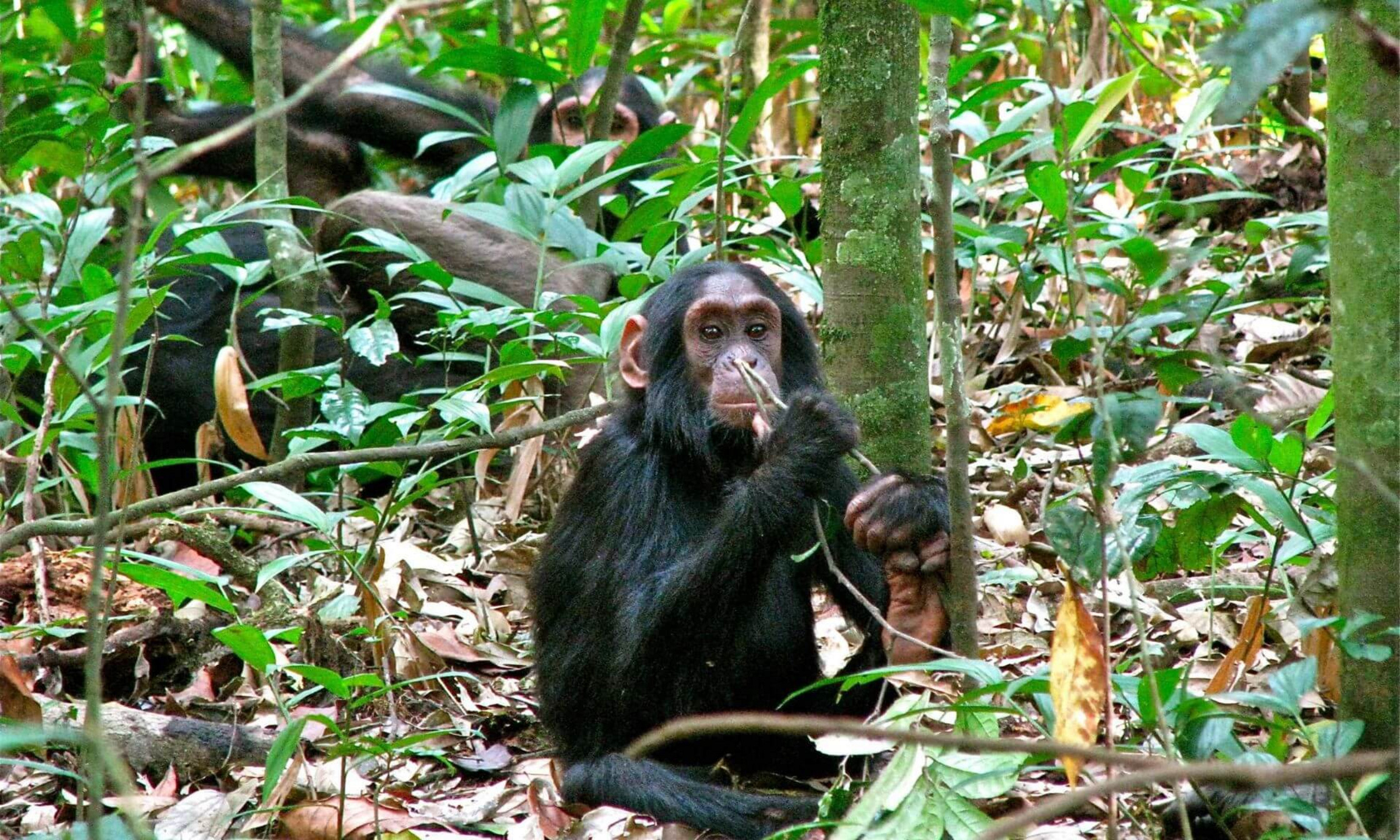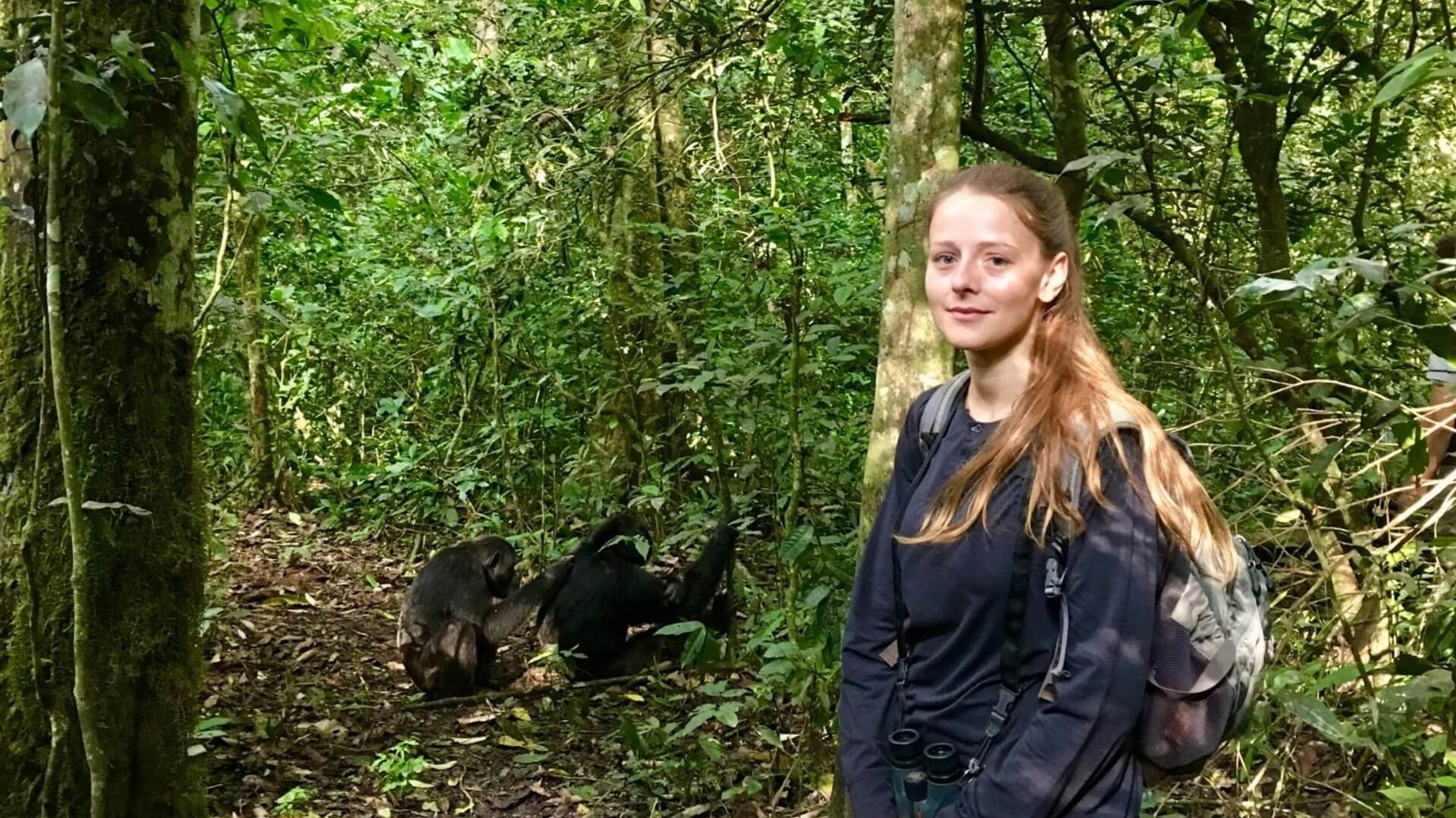Young chimpanzees are remarkably innovative, inventing tools and improving on ones that adults use - and this technical know-how could hold the key to better appreciating the role of children in the evolution of all cultures, including ours.
That's what scientists led by an anthropologist at Université de Montréal conclude in a new study.
Published in the Nature journal Scientific Reports, the paper explores the tool-making skills of three dozen immature chimps at the Ngogo research site in Kibale National Park, a heavily forested area in southwestern Uganda where a large population of chimps live in the wild.
"This paper is about evolution of culture in humans, using chimps as a model of comparison, and the take-home message is that children could be more important figures in cultural evolution than previously thought," said Bădescu, an associate professor of anthropology at UdeM.
“At their stage of development kids are allowed to be creative and to explore. They can experiment with tools and objects and this leads to new and innovative ways of using them. It introduces variation into the repertoire of skills that adults can pick up on, and that's how culture evolves.”
In Uganda, where she spent much her time studying chimps, Bădescu has observed that kids intelligently used moss as a sponge tool to soak up and drink water, for instance.
"We don't often think of kids as being the innovators of technology, but they can indeed be important," Bădescu said. “For anyone interested in culture, regardless of their academic disciplines, these observations and results should be quite interesting.”





